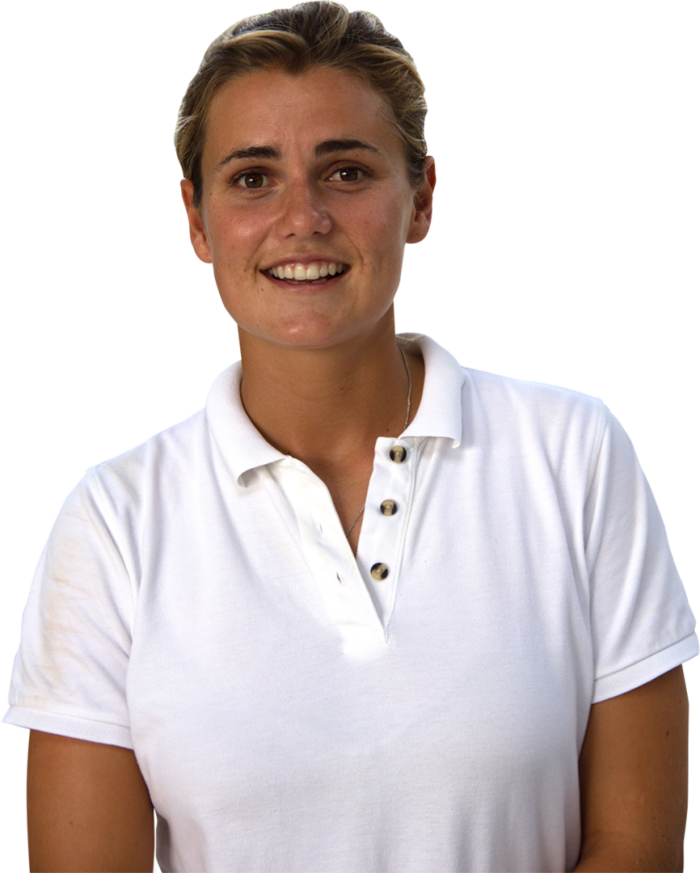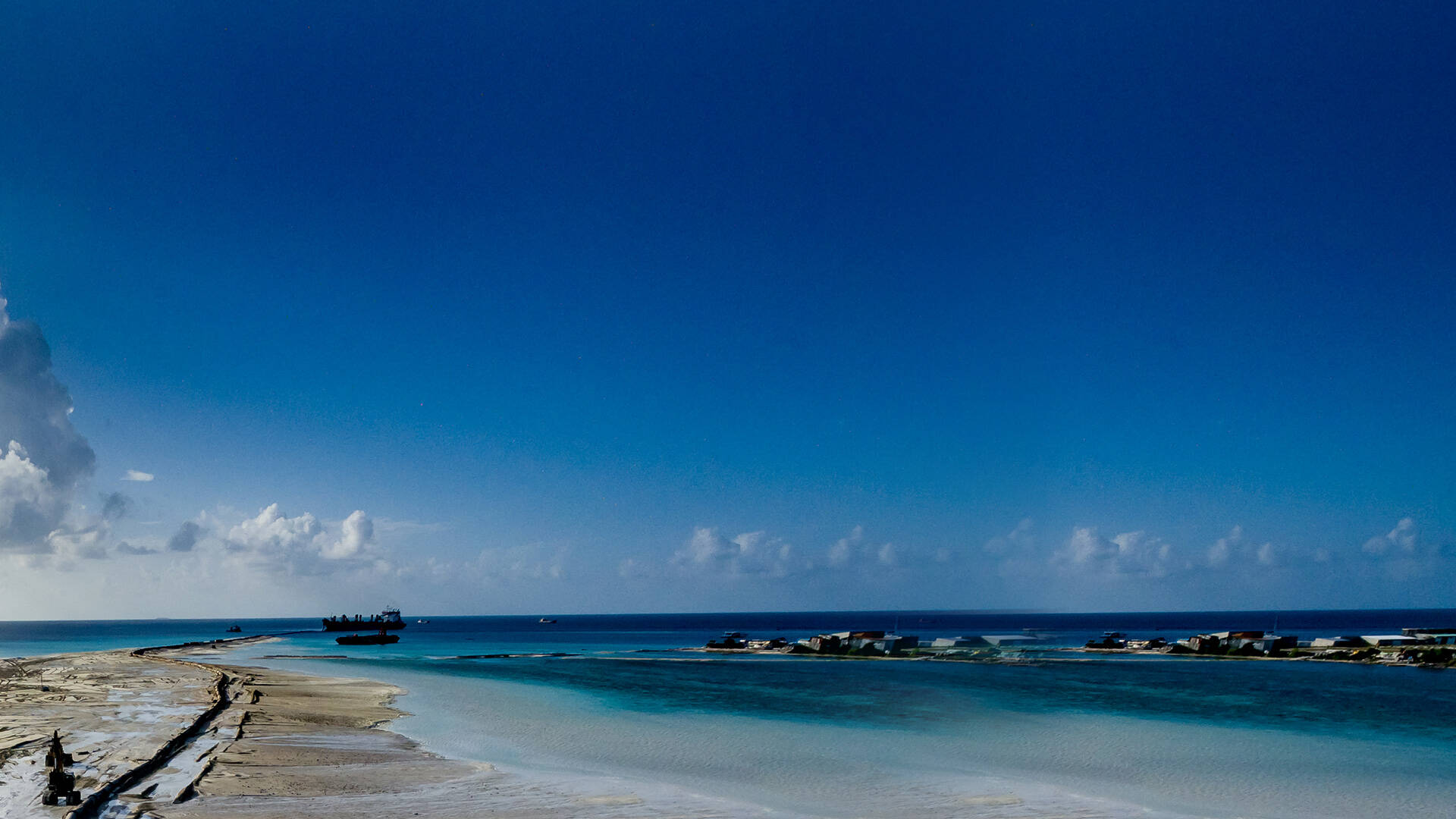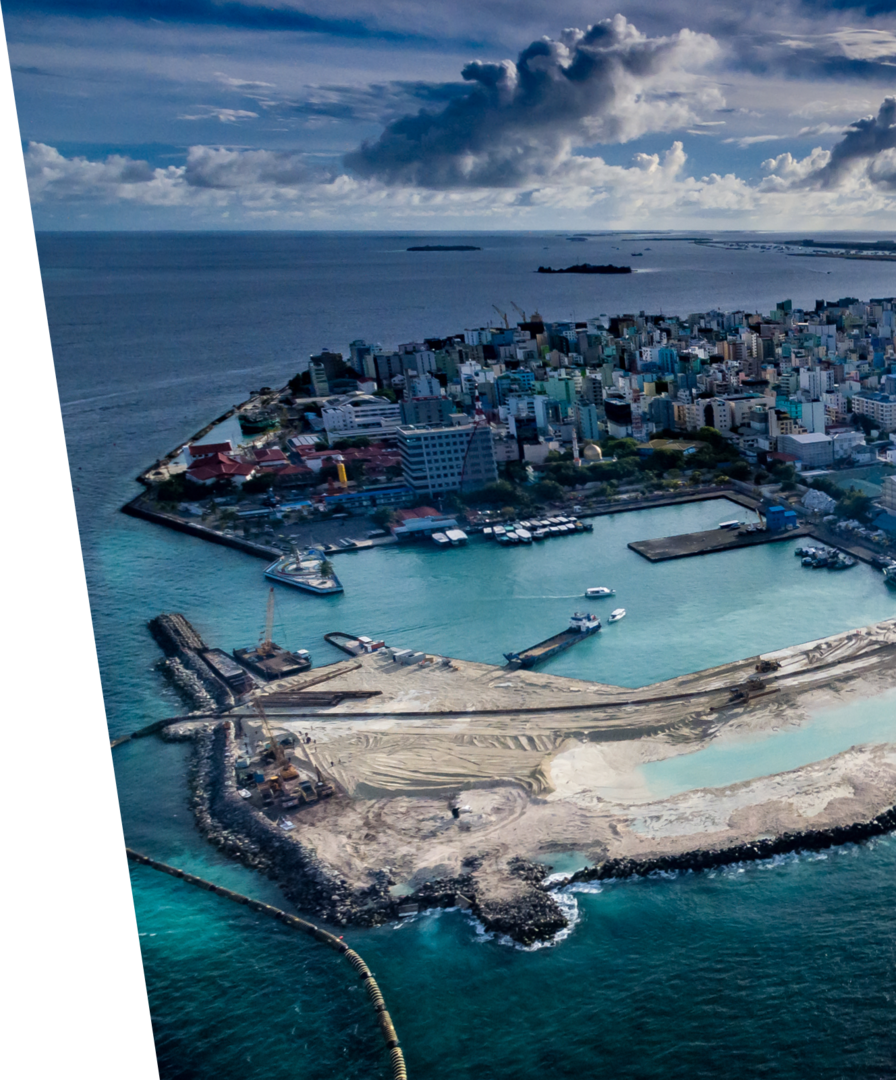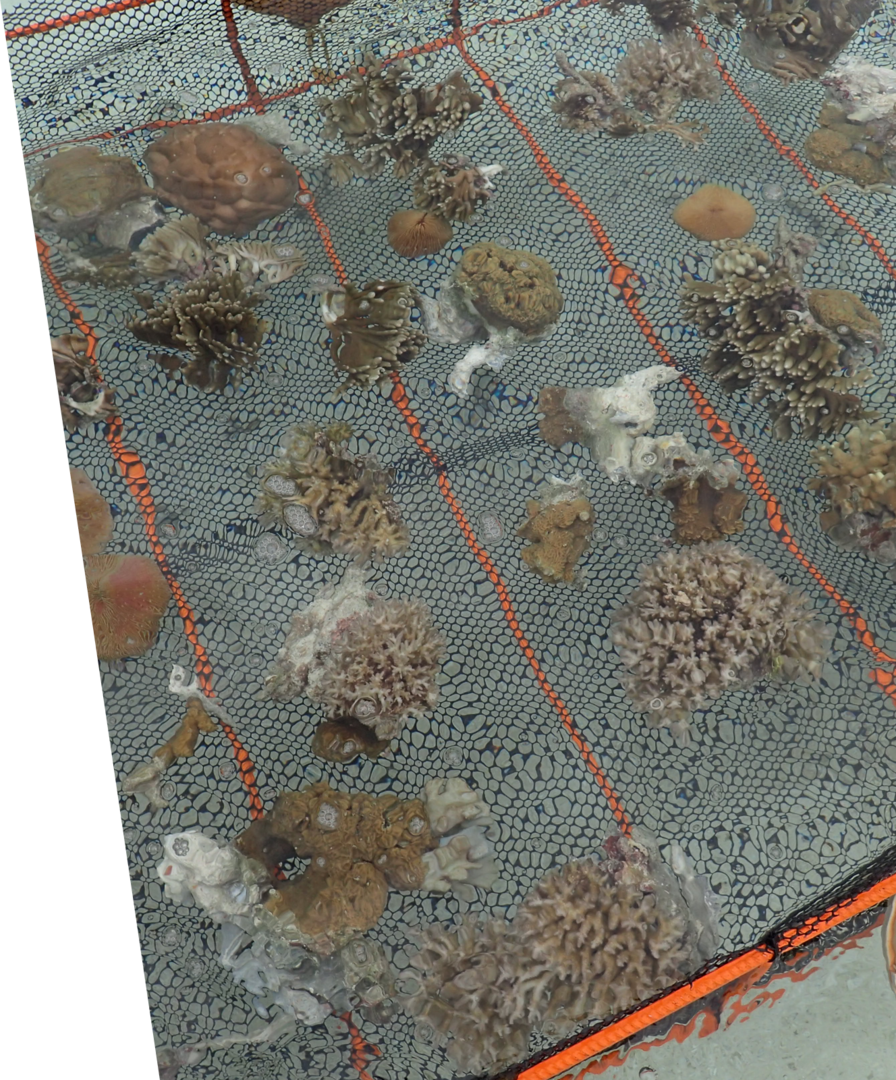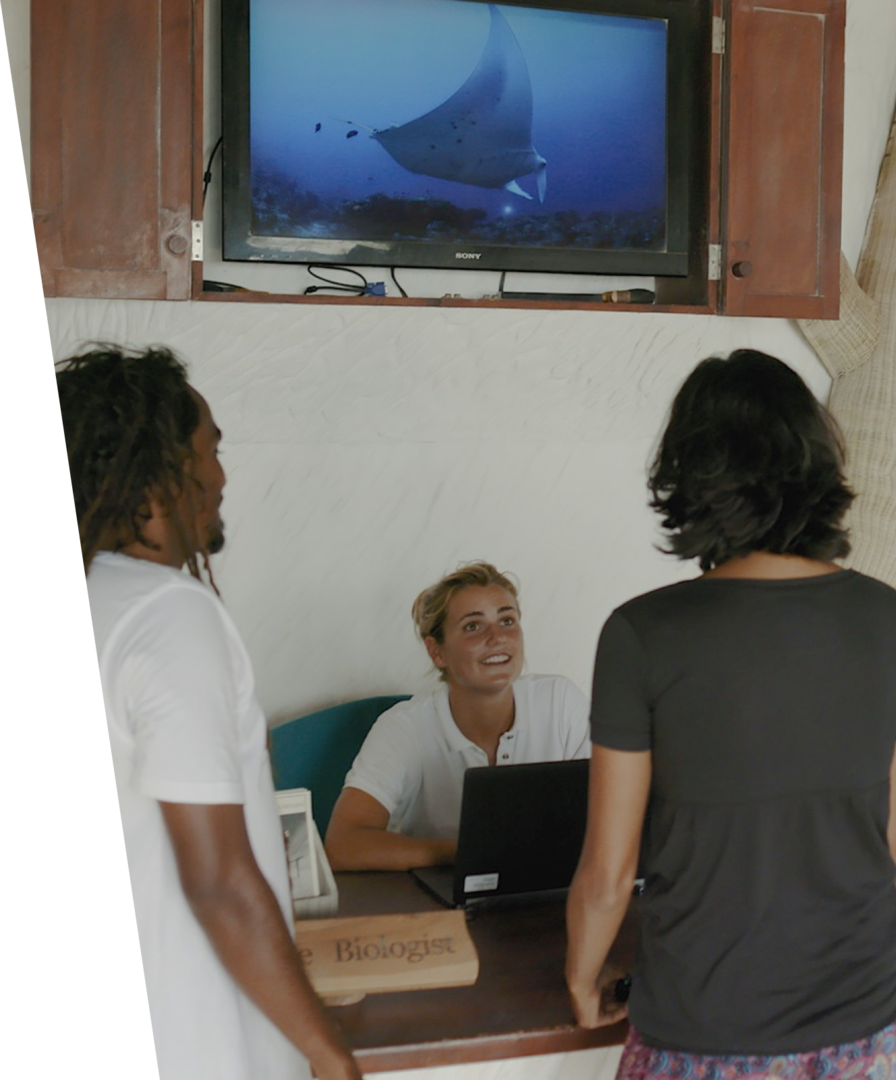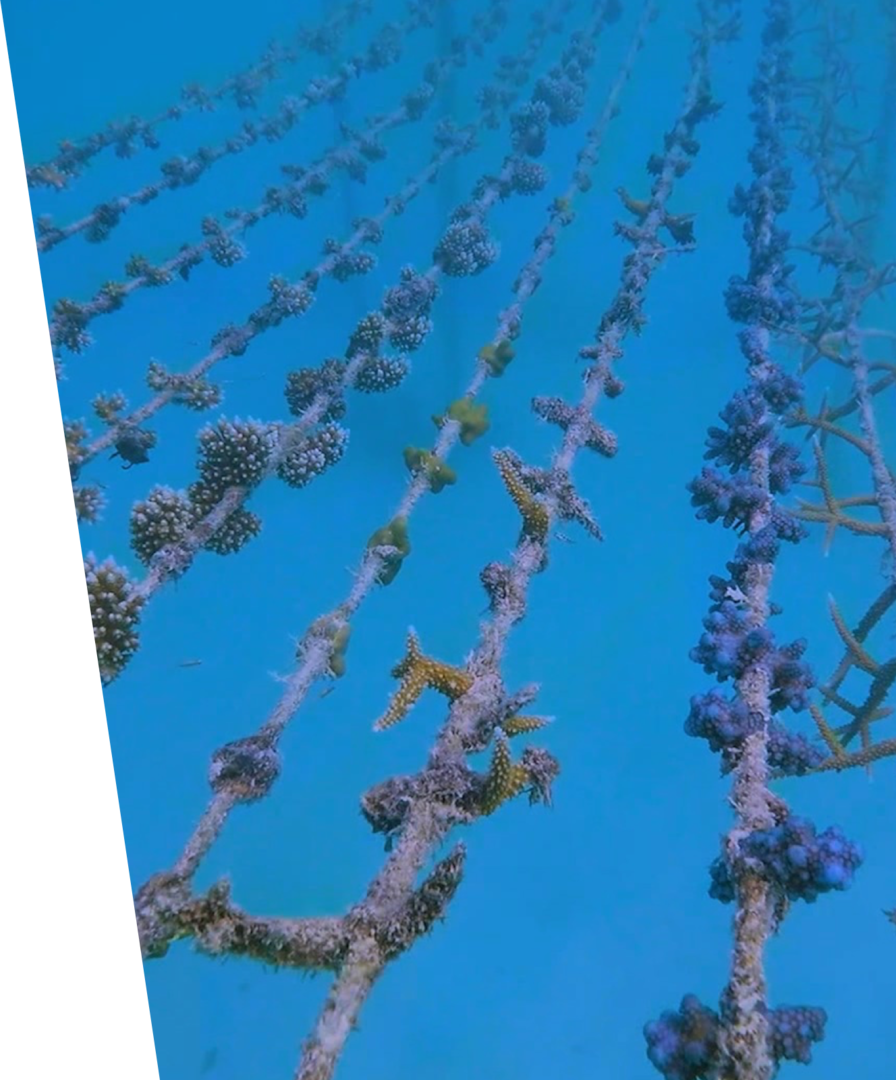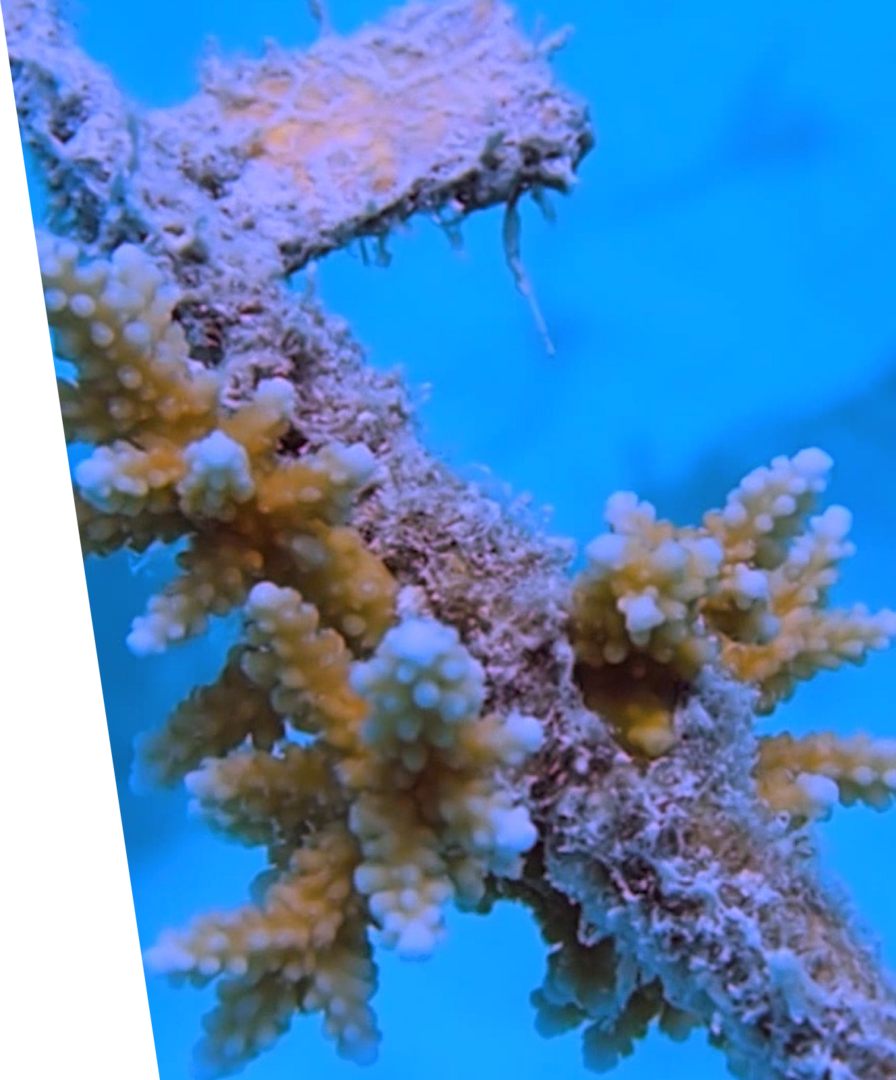Creating new land in an environmentally sensitive area like the Maldives requires the involvement of marine environment experts. In this interview, we take a closer look at how NGOs and Van Oord collaborated to protect marine life for future generations.
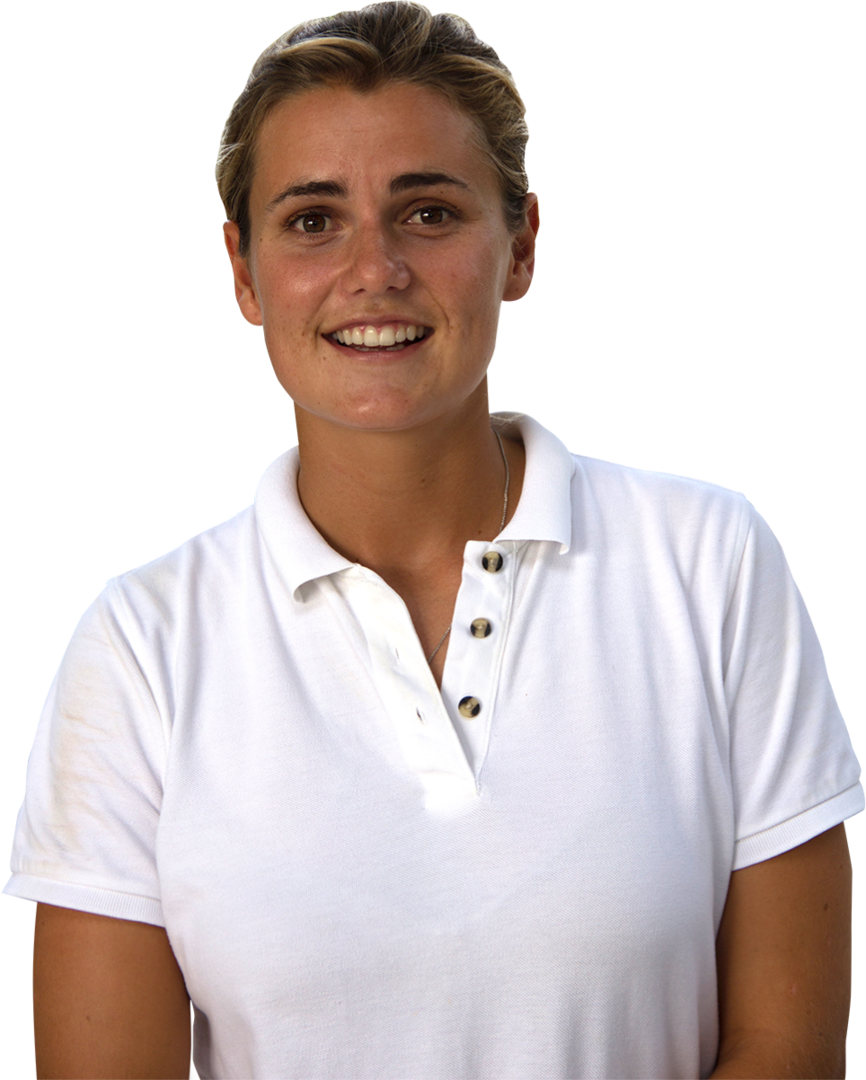
The Maldives consist of some 1,200 small, sandy islands, spread across a beautiful clear blue ocean. The capital, Male, is becoming congested and there is not enough space to house families arriving on the island looking for work and health care. Recently, Van Oord reclaimed land to enlarge a number of the islands.

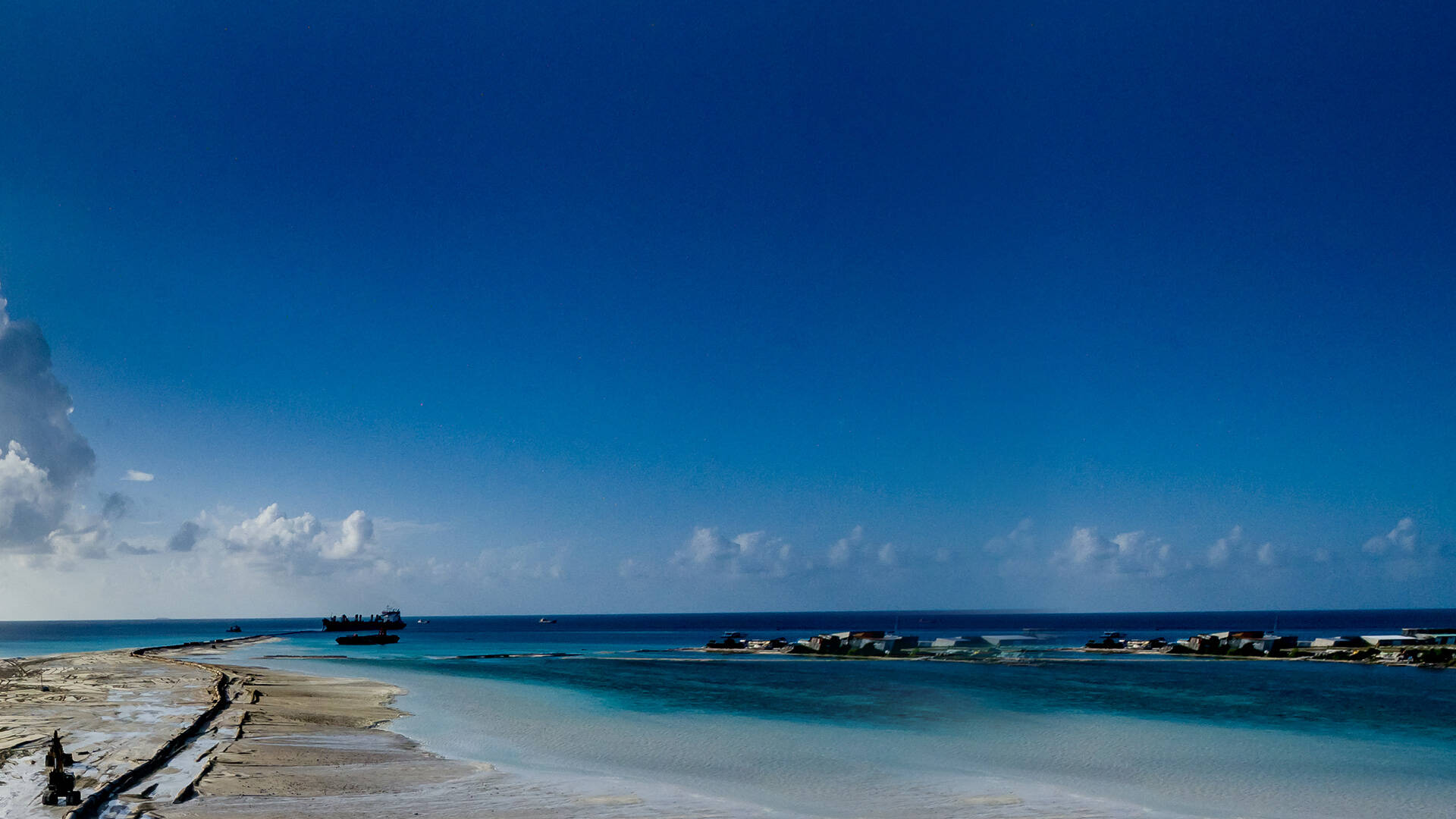
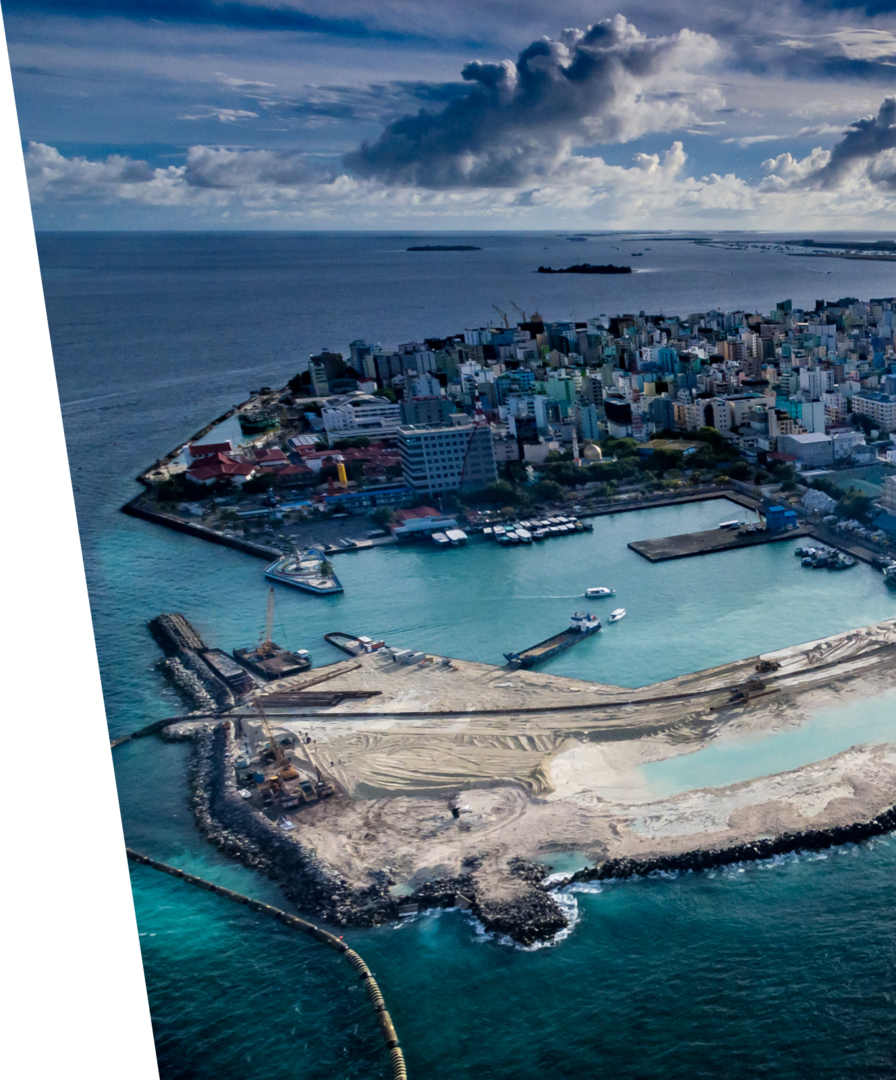
‘There are numerous reclamation projects under way in the Maldives. Van Oord’s approach was positive because they wanted to do whatever they could to minimise the impact on the reef. We were able to help to restore another reef by relocating coral, and it helped the environment. Along the way, we learned about the dredging process, Van Oord’s ReefGuard, and we were able to share our research data on the coral restoration project with Van Oord. It was the first time we had been contacted by a dredging company to see whether we could collaborate and minimise the impact of a project.’
Van Oord’s approach
to reclamation?
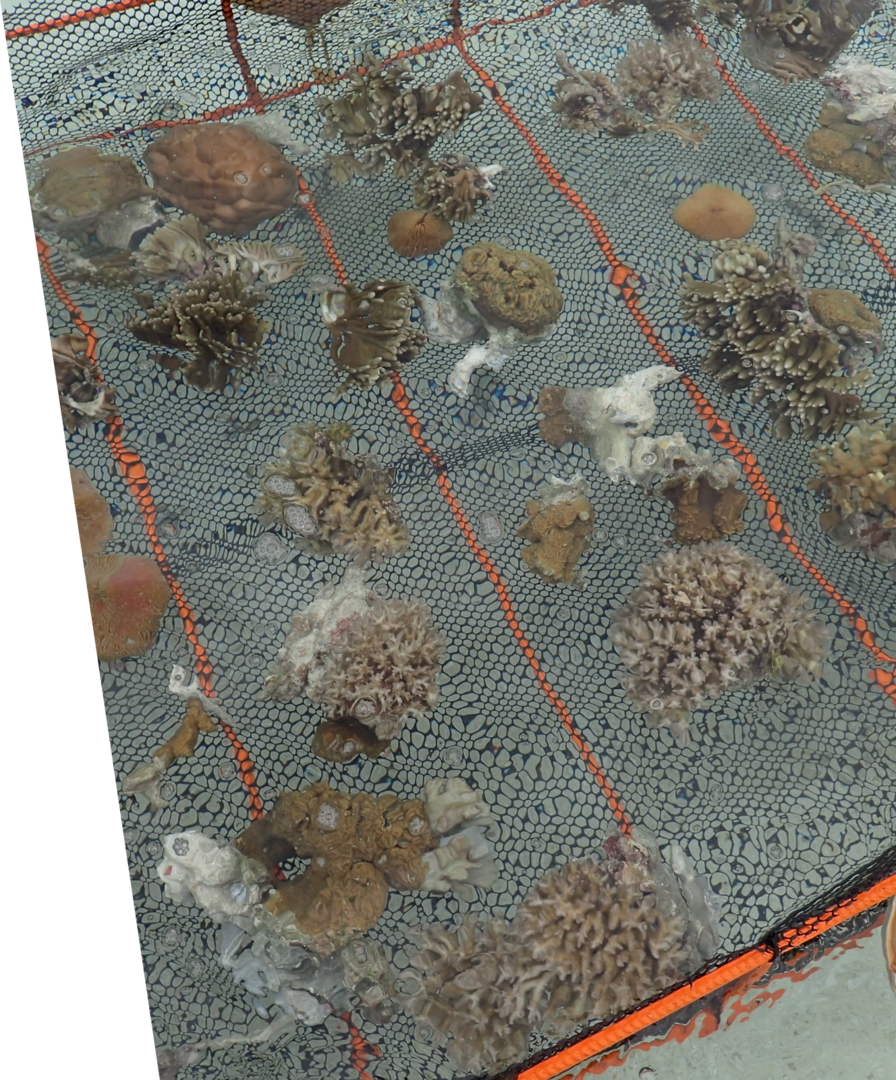
the collaboration for your
Coral Lines project?
‘We work closely with Save the Beach on many of our marine projects. Save the Beach is an NGO that aims to conserve and maintain the beaches and reefs in the Maldives. We went to the reclamation site with them and worked with a team of divers to remove coral and giant clams. Unfortunately, a lot of coral had already been affected by the bleaching event in early 2016. We removed the corals that weren’t affected and used them in our Coral Lines project. It was a terrific opportunity. In our research, we have now got to the stage that we are planning to transplant lines out onto the reef in the second half of 2017.’
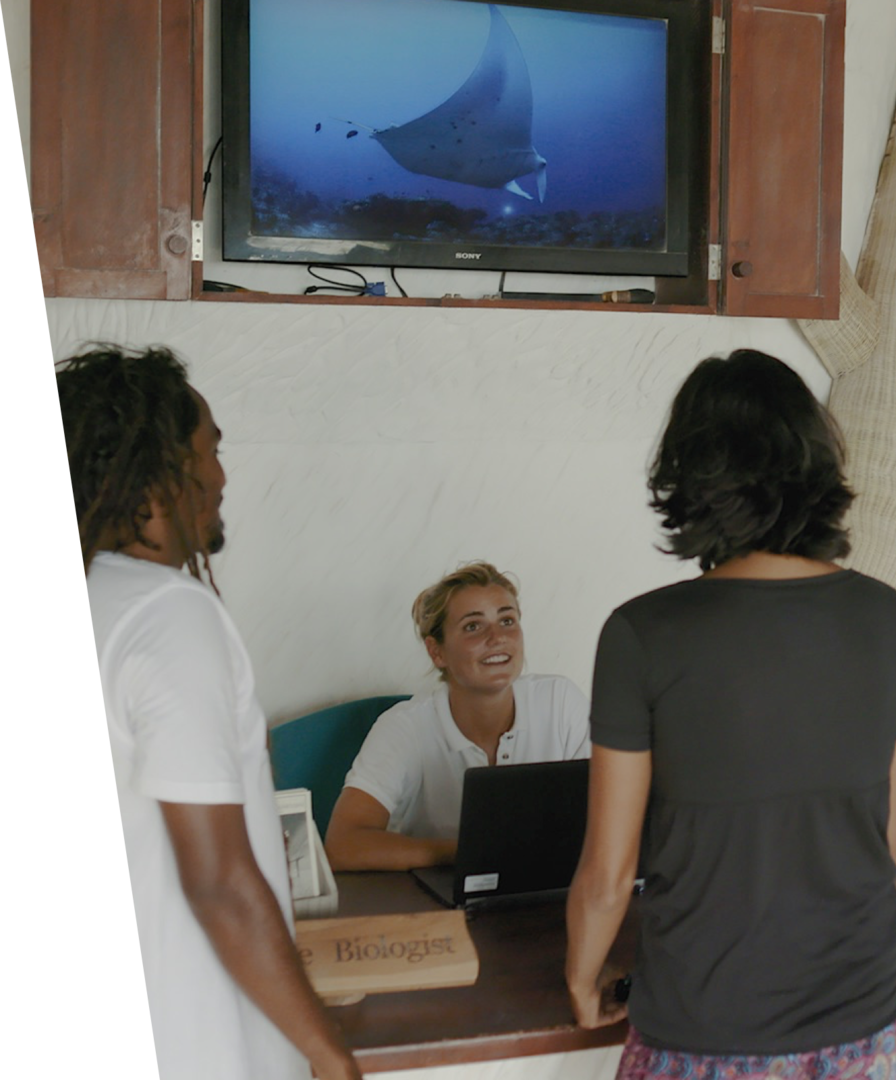
with Van Oord start?
‘We first met Van Oord when their environmental engineer contacted us last year. He told us about the upcoming land reclamation project on the island of Himafushi, the possible impact it would have on the environment, and the measures they wanted to take to minimise that impact. We provided information on our Coral Lines project. During the meeting, we combined our expertise and discussed how to relocate the coral that would be affected.’
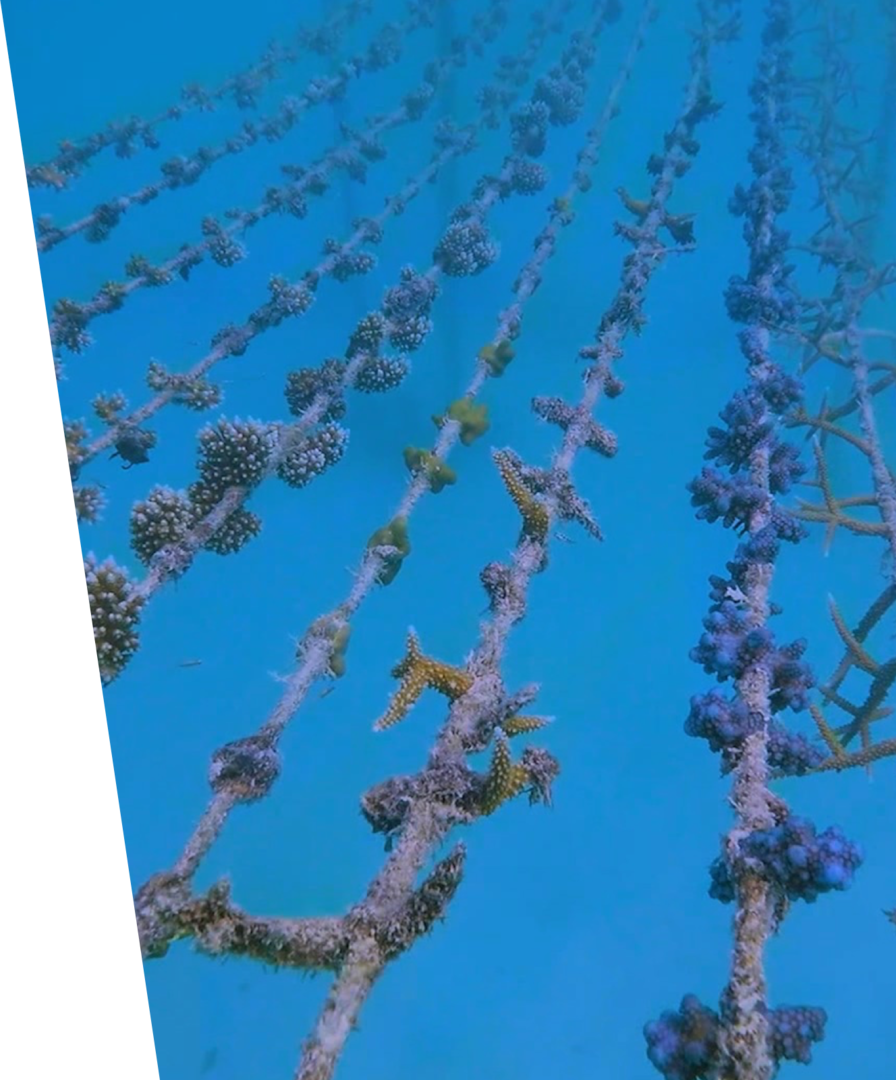
‘By building awareness, we do our best to ensure that everyone on the island appreciates and respects the beauty of the Maldives. It’s our duty to preserve our surroundings. In our project, we take fragments of coral that would otherwise not survive and rehabilitate it by nursing it on ropes. Initially, every rope is planted with fifty living coral fragments. We monitor these fragments, measure them on a regular basis and clean them when necessary until they have grown big enough to put them back on the reef. We regularly share our project results online, so that other scientists can learn from our findings.’
the environment?
you involved in?
In the Maldives, Van Oord involved local stakeholders before project execution began. Preservation measures are a hot topic in this area. One of the experts Van Oord contacted is Josie Chandler. At that time, she worked as a Marine Biologist at Gili Lankanfushi.
‘We’re putting a lot of effort into protecting the marine environment, such as the reefs and marine life. Our Coral Lines project involves studying coral reef rehabilitation. The main goal of reef rehabilitation is to create an ecosystem that is as similar to the original as possible. At Gili Lankanfushi, the reef became quite badly damaged during the 2016 coral bleaching event. Our project concentrates on transplanting corals onto this reef. As a Marine Biologist, I want to protect marine life and keep it pristine, making sure it’s still around for future generations. My science background plays a big part in the preservation measures.’
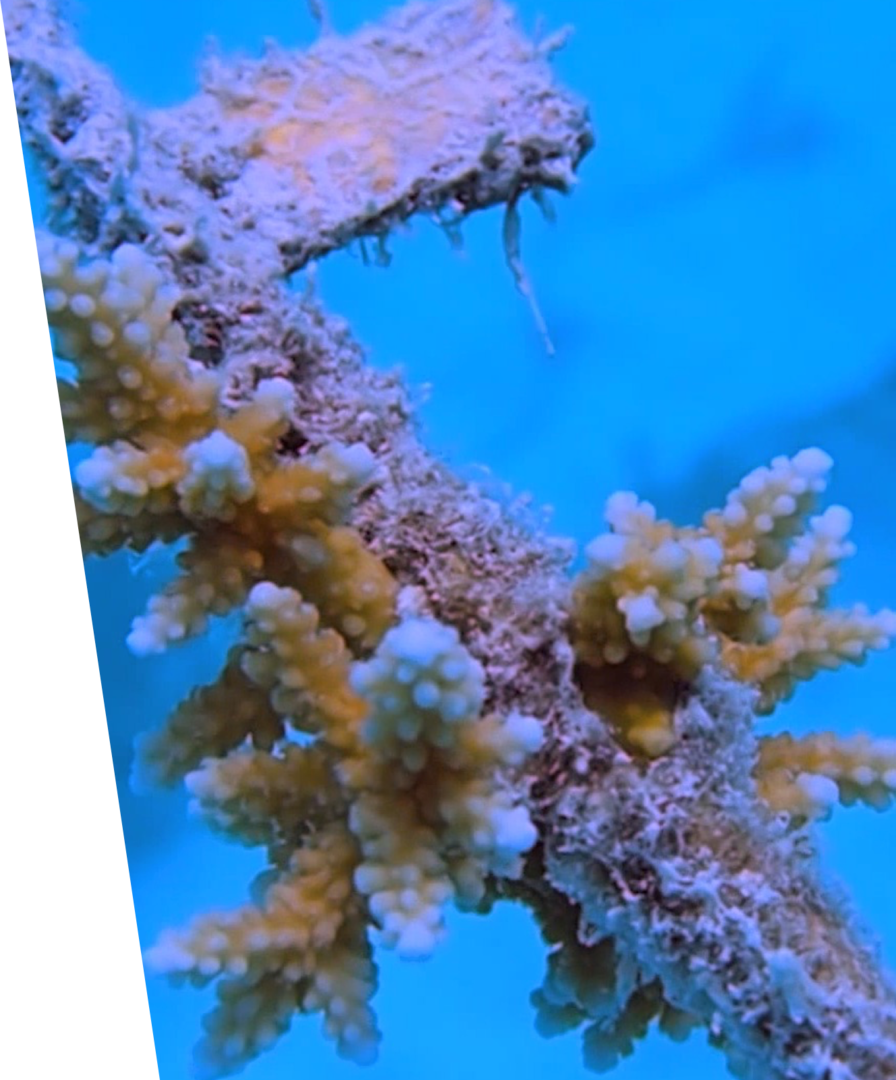
The Maldives consist of some 1,200 small, sandy islands, spread across a beautiful clear blue ocean. The capital, Male, is becoming congested and there is not enough space to house families arriving on the island looking for work and health care. Recently, Van Oord reclaimed land to enlarge a number of the islands.

Creating new land in an environmentally sensitive area like the Maldives requires the involvement of marine environment experts. In this interview, we take a closer look at how NGOs and Van Oord collaborated to protect marine life for future generations.
